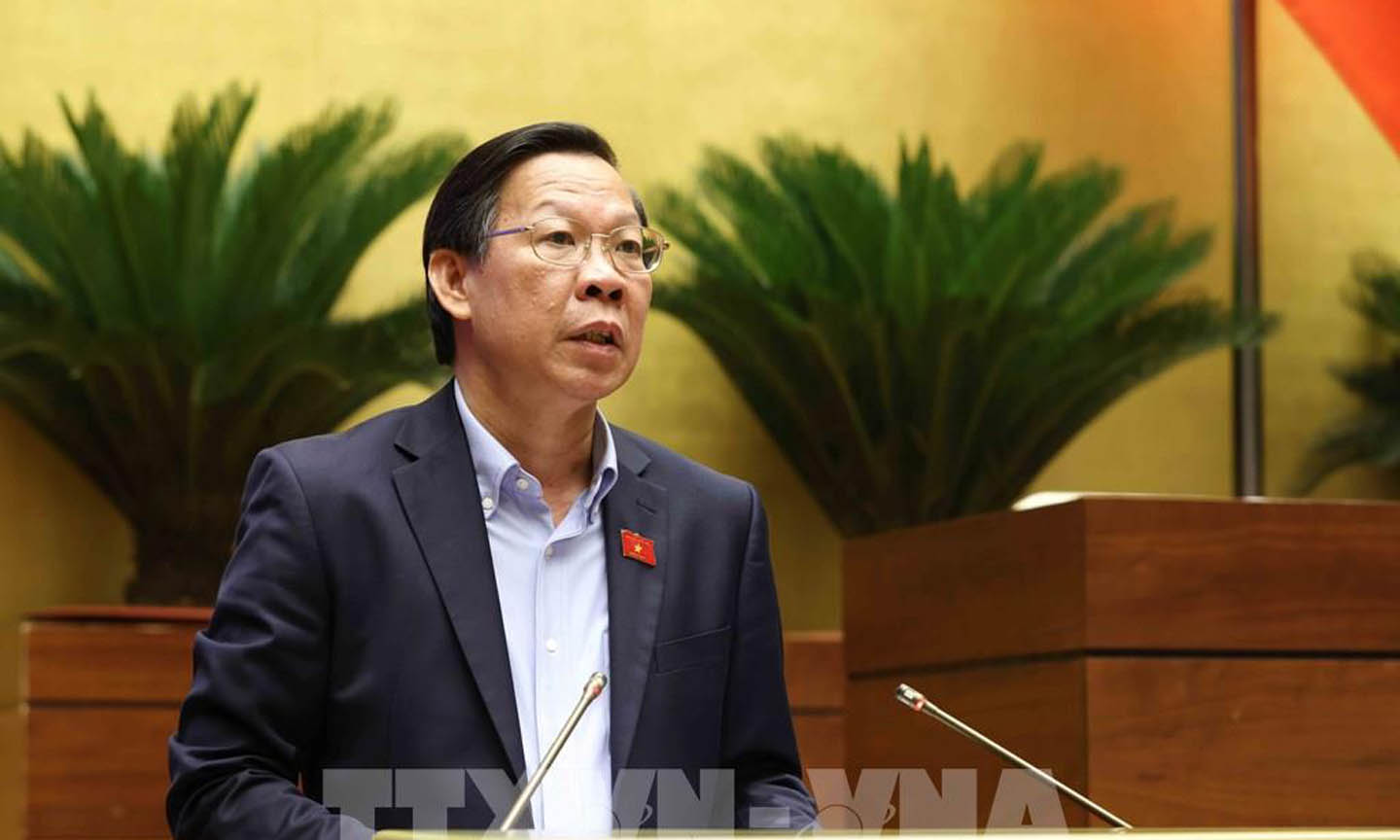 |
Chairman of the National Assembly's Economic and Financial Committee Phan Van Mai presented a report explaining, accepting and revising the draft Law on Corporate Income Tax (amended). Photo: Phuong Hoa - VNA |
Following the meeting program, on the morning of May 12, the National Assembly listened to Chairman of the National Assembly's Economic and Financial Committee Phan Van Mai present a report explaining, accepting and revising the draft Law on Corporate Income Tax (amended) and discussing a number of contents with different opinions of this draft Law.
Presenting the report, Mr. Phan Van Mai said that the draft Law after being received and revised includes 4 chapters and 21 articles.
In the field of journalism, to demonstrate the support of the Party and State for the activities of press agencies, based on the Government's proposal, the National Assembly Standing Committee has accepted and revised the draft Law in the direction of uniformly applying a preferential tax rate of 10% to all types of press, similar to the preferential policy currently applied to printed newspapers.
Regarding incentives for manufacturing products and providing digital technology services to ensure consistency and synchronization with the provisions of the draft Law on Digital Technology Industry, based on the proposal of the Drafting Agency, the Standing Committee of the National Assembly has revised a number of points in Clause 2, Article 12 of the draft Law on Corporate Income Tax to supplement appropriately and balance the overall industries, occupations and fields that need tax incentives related to the Law on Digital Technology Industry.
Regarding the tax rates applicable to small and medium-sized enterprises (15%, 17%) as stipulated in the draft Law, Mr. Phan Van Mai said that the National Assembly Standing Committee believes that these incentives are basically based on the current Law applicable to enterprises implementing investment projects in areas with difficult socio-economic conditions or in investment-encouraged sectors. These are quite suitable incentives for the scope of application focused on micro and small enterprises in the past; at the same time, it limits the situation of widespread incentives, reducing the effectiveness of incentive and support policies.
According to Mr. Phan Van Mai, along with enjoying preferential tax rates, small-scale enterprises that meet the conditions for tax incentives according to location and field are also eligible for these preferential policies according to the provisions of the draft Law with higher levels of incentives.
Discussing the draft Law, the opinions of the National Assembly deputies agreed with the amendment of the Law on Corporate Income Tax, along with giving opinions on a number of provisions in the draft Law.
Regarding the tax rate for the press, delegate Thach Phuoc Binh (Tra Vinh) emphasized that the press industry is currently facing a serious decline in revenue, especially in the advertising sector due to fierce competition from digital platforms, so adding the press to the tax incentives will help reduce financial pressure, creating conditions for press agencies to maintain their political and social tasks.
According to the delegate, the press is not simply a business, but also performs the functions of information, education, orienting public opinion, policy criticism, and plays an important role in political activities and cultural development. Tax incentives represent indirect support from the State, consistent with the nature of revolutionary journalism. Financial resources from tax reduction can help press agencies reinvest in infrastructure, technology, system upgrades, content digitization, and staff training, thereby promoting quality and content improvement.
Delegate Thach Phuoc Binh also suggested that the Drafting Committee of the Law review the definition of "press enjoying preferential treatment", and clearly stipulate that the scope of application is only for press agencies licensed to operate, to avoid being exploited by disguised media organizations. In addition, the delegate proposed that there should be a fund to support innovation in the press; support press agencies in training digital technology human resources.
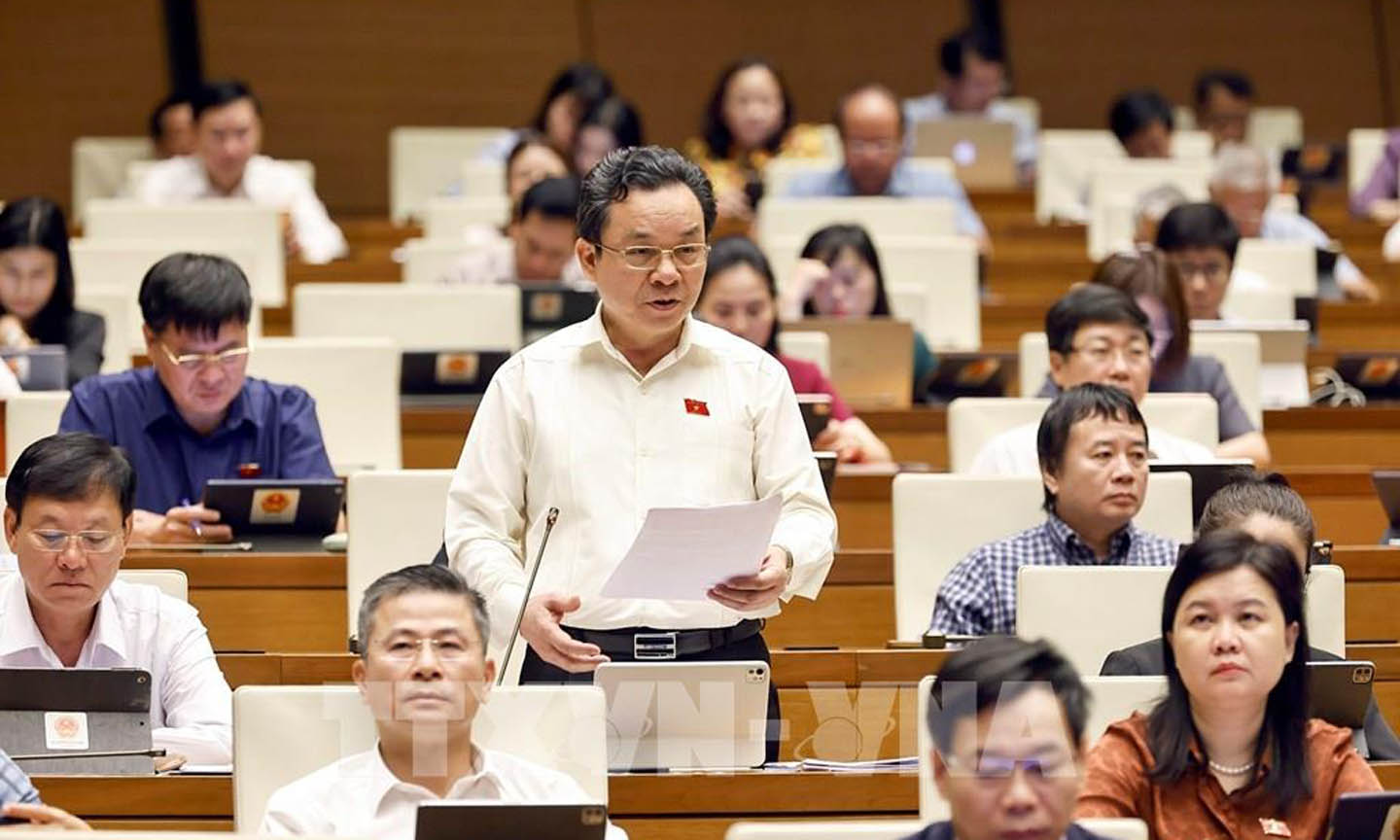 |
National Assembly delegate of Hanoi city Hoang Van Cuong speaks. Photo: Doan Tan - VNA |
Tax collection at public service units also attracted the attention of National Assembly deputies. Speaking at the discussion, deputy Hoang Van Cuong (Hanoi) said that it is inappropriate for autonomous public health and education units to still be subject to corporate income tax.
According to delegate Hoang Van Cuong, in hospitals and schools, tax payments are calculated on revenue (tax rate of 2%), so if taxes are collected, service prices will increase and patients and students will have to pay more. While the Party and State have a policy of exempting tuition and hospital fees, such tax collection is not consistent. Therefore, the delegate recommended that the activities of public health and education units should be included in the list of entities not subject to corporate income tax, except for joint ventures and associations.
Debating the opinion of delegate Hoang Van Cuong, delegate Nguyen Van Chi (Nghe An) said that, according to the current mechanism, public service units only pay taxes on additional business activities, such as joint ventures and external partnerships at a rate of 2%, and are not subject to taxes on expenses such as hospital fees and tuition fees of autonomous public hospitals and schools.
Agreeing with delegate Van Chi's argument, delegate Hoang Van Cuong informed that in reality, all tuition fees of public schools and hospital fees at autonomous public hospitals are subject to 2% tax, not just the revenue from joint ventures and partnerships.
To clarify, delegate Nguyen Lan Hieu (Binh Dinh) said that in reality, the tax authority currently only bases on the word "service", so any word service will be subject to tax. "In the health system, there is the concept of revenue from public career services, so the vast majority of revenue sources of autonomous public hospitals are currently taxed," the delegate emphasized.
Taking note of the statements of National Assembly deputies on this content, Vice Chairman of the National Assembly Nguyen Duc Hai requested the Ministry of Finance, the standing agency drafting the draft Law, to take note to revise and clarify the tax calculation regulations for public service units.
According to BNEWS (Vietnam News Agency)
Source: https://baoapbac.vn/kinh-te/202505/thong-nhat-de-xuat-muc-thue-suat-10-uu-dai-doi-voi-bao-chi-1042272/



![[Photo] Prime Minister Pham Minh Chinh chairs the Government's special meeting on law-making in May](https://vphoto.vietnam.vn/thumb/1200x675/vietnam/resource/IMAGE/2025/5/22/1c880aae96fd4e0894abc47a46fe19ba)

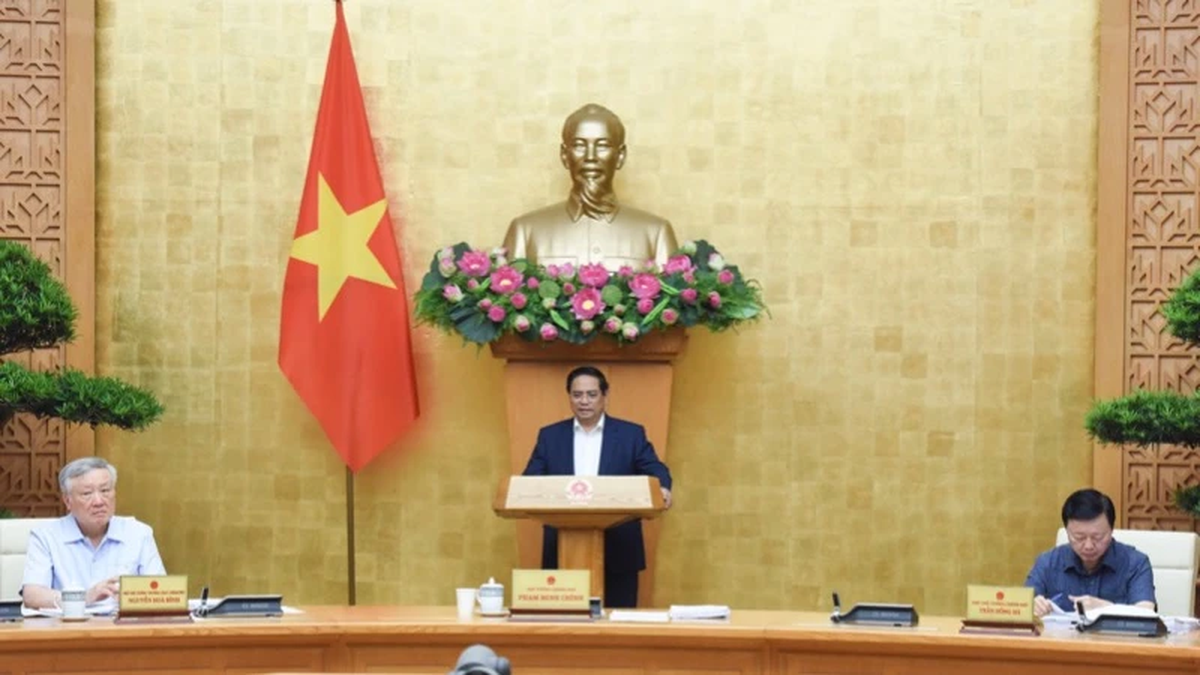

![[Photo] General Secretary To Lam chairs a working session with the Central Internal Affairs Commission](https://vphoto.vietnam.vn/thumb/1200x675/vietnam/resource/IMAGE/2025/5/22/3b7790f499da45b2803d8ae253207ef1)
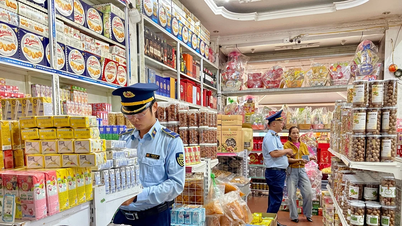

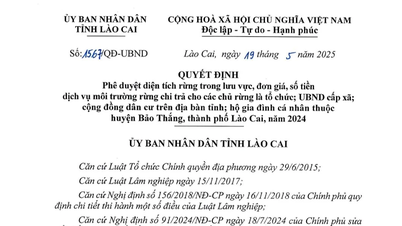

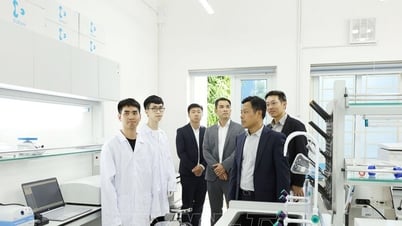

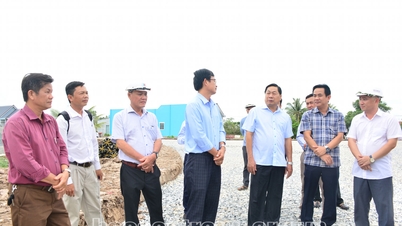

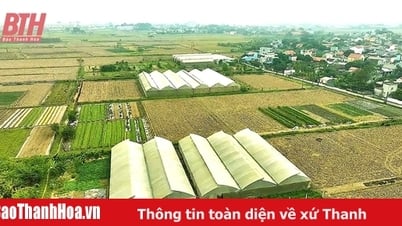

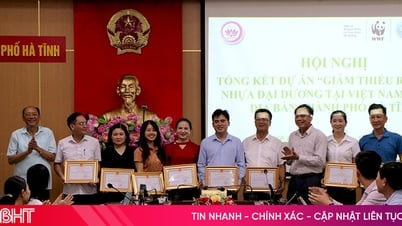





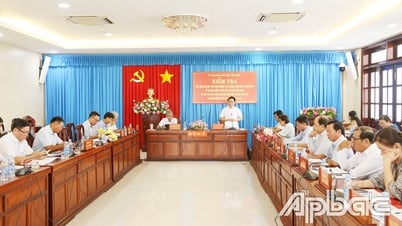


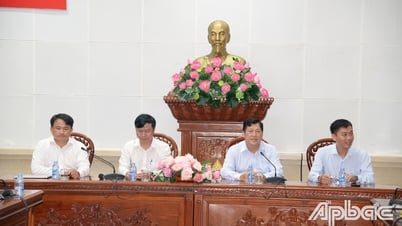
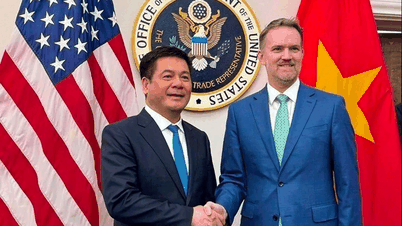
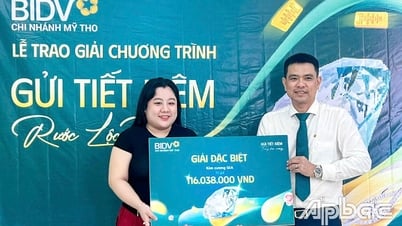











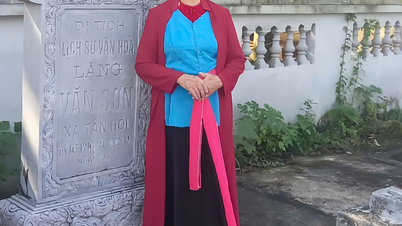













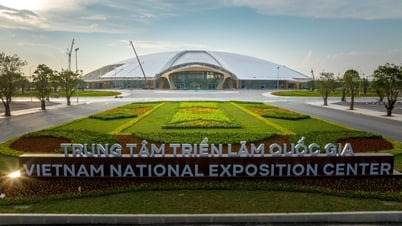











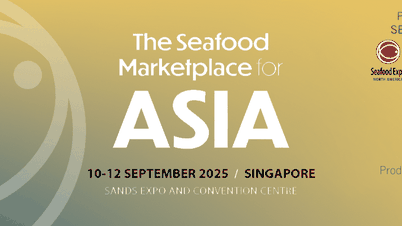

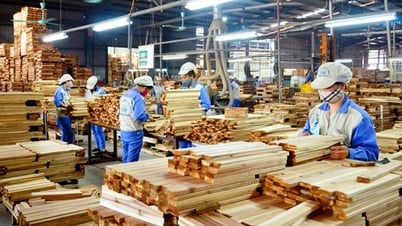


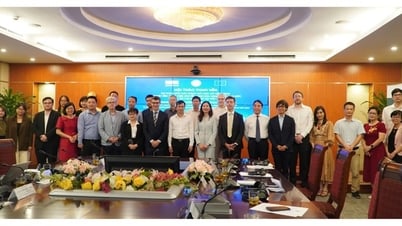


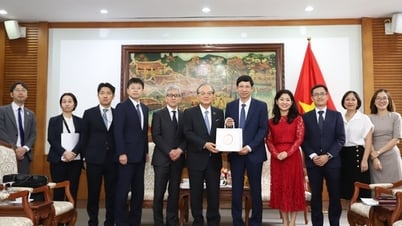
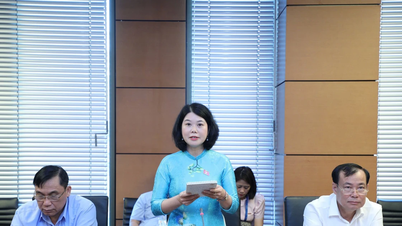



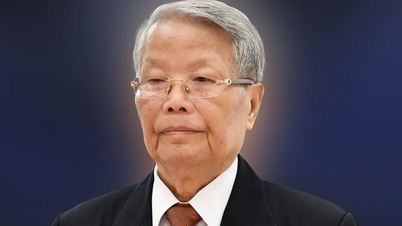



![[Podcast] Week introducing more than 500 OCOP products in Hanoi](https://vphoto.vietnam.vn/thumb/402x226/vietnam/resource/IMAGE/2025/5/22/d144aac2416744718388dbae3260e7fd)




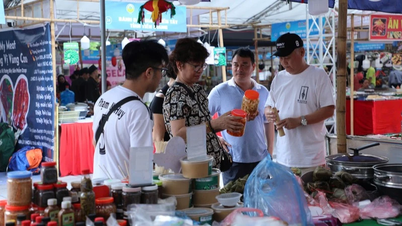
Comment (0)